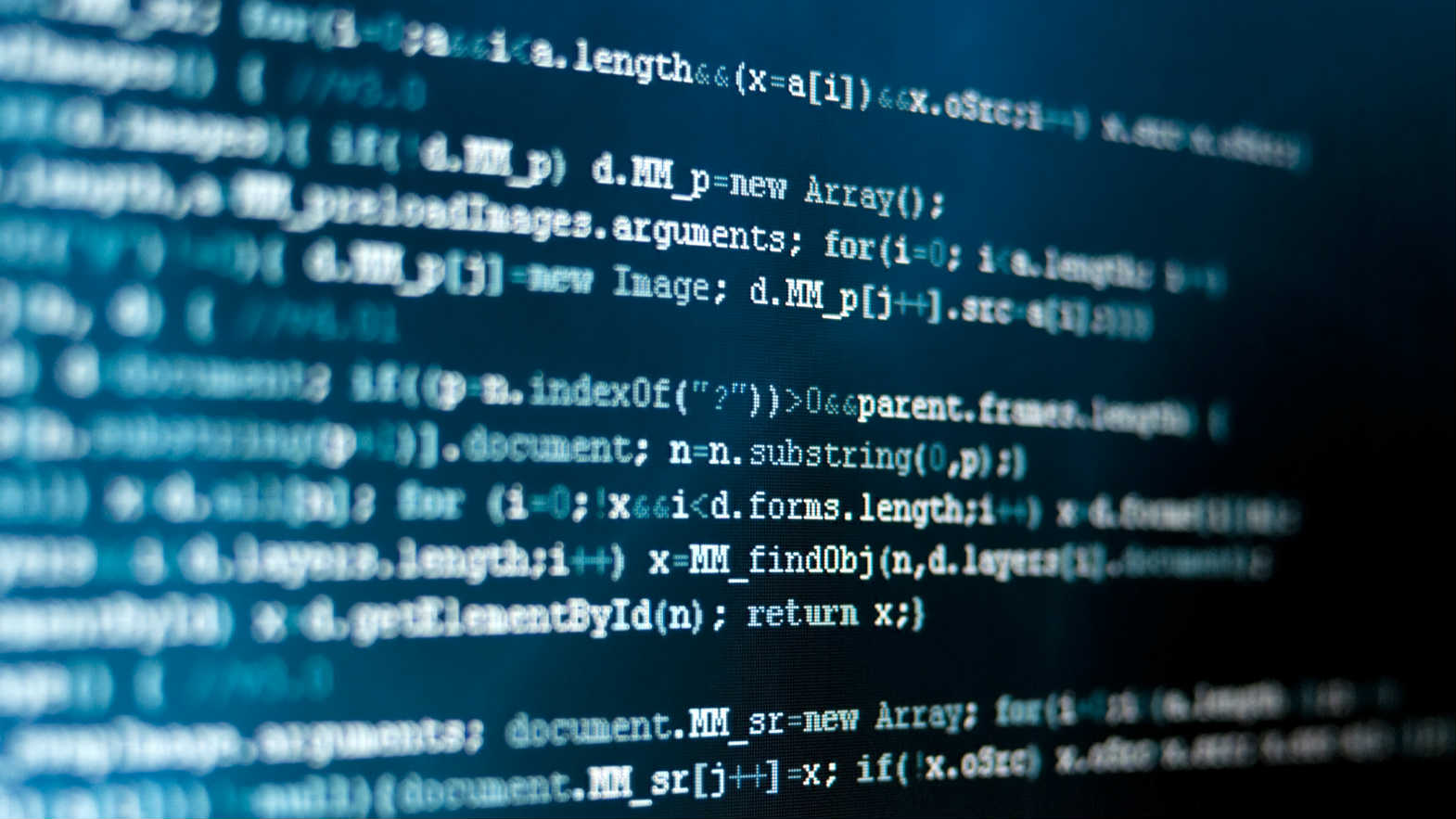The U.S. Supreme Court appeared divided on Wednesday as it considered whether to protect Alphabet Inc's Google from a long-running lawsuit by Oracle Corp accusing it of infringing Oracle copyrights to build the Android operating system that runs most of the world's smartphones.

The shorthanded court, down one justice following last month's death of Ruth Bader Ginsburg, heard oral arguments in Google's appeal of a lower court ruling reviving the lawsuit in which Oracle has sought at least $8 billion in damages.
The case revolves around whether copyright protection should be extended to application software interfaces (APIs), or the bit of code that allow programs and apps to work together, and if so, whether Google's implementation was a "fair use" of copyrighted material.
Some of the eight justices expressed concern that Google simply copied Oracle's software code instead of innovating and creating its own for mobile devices. Others emphasized that siding with Oracle could give software developers too much power with potentially harmful effects on the technology industry.
A jury cleared Google in 2016, but the U.S. Court of Appeals for the Federal Circuit overturned that decision in 2018, finding that Google's inclusion of Oracle's software code in Android was not permissible under U.S. copyright law.
Oracle accused Google of copying thousands of lines of computer code from its popular Java programming language without a license in order to make Android, a competing platform that has harmed Oracle's business.
Google lawyer Thomas Goldstein told the justices that the disputed Java code should not receive copyright protection because it was the "the only way" to create new programs using the programming language.
"The language only permits us to use those," Goldstein said.
Chief Justice John Roberts suggested Google still should have paid Oracle for a license to Java.
"Cracking the safe may be the only way to get the money that you want, but that doesn't mean you can do it," Roberts said.
Justice Neil Gorsuch questioned Goldstein on whether Google had simply piggybacked on Oracle's innovation.
Gorsuch asked, "What do we do about the fact that the other competitors, Apple, Microsoft ... have, in fact, been able to come up with phones that work just fine without engaging in this kind of copying?"
Oracle and Google, two California-based technology giants with combined annual revenues of about $200 billion, have been feuding since Oracle sued for copyright infringement in 2010 in federal court in San Francisco.
Google has said the shortcut commands it copied into Android do not warrant copyright protection because they help developers write programs to work across platforms, a key to software innovation.
The court is likely to make a decision in several weeks or months.
(With inputs from Reuters, AFP)